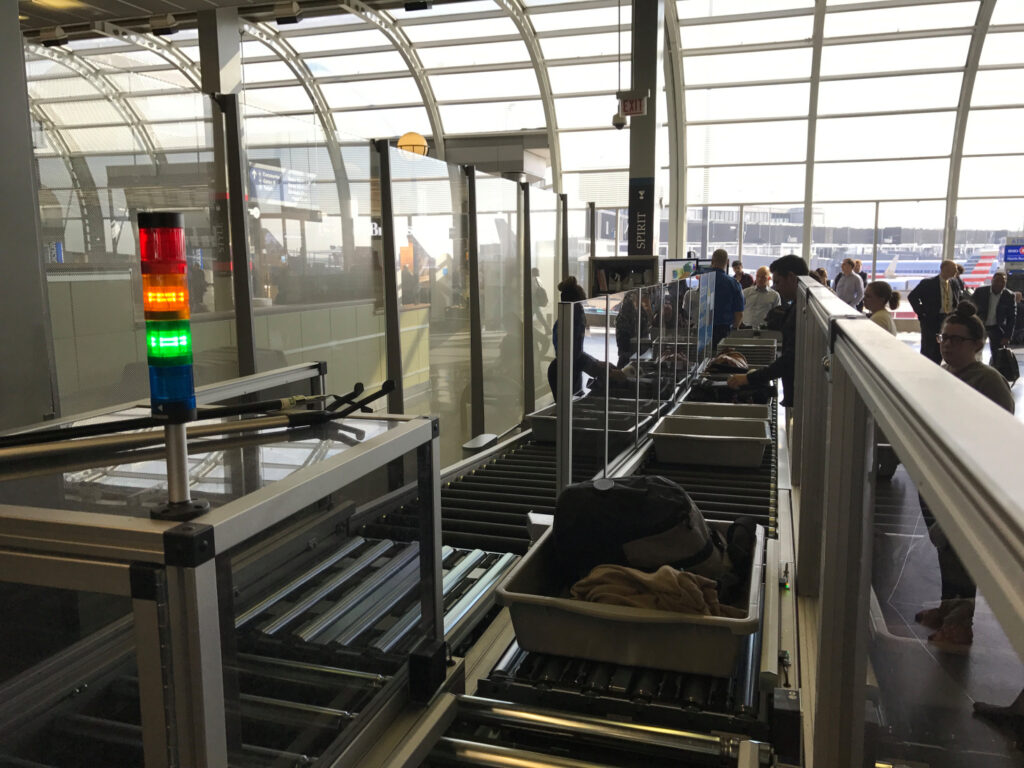Fascinating write-up about the TSA, PreCheck, and CLEAR by Nilay Patel for The Verge:
This year is the 20th anniversary of the Department of Homeland Security and the TSA, and I think it’s safe to say that nobody enjoys waiting in the airport security line. And in the post-9/11 world, things like PreCheck are the great innovation of the department.
At least according to Dan McCoy, who is the TSA’s chief innovation officer, who told me that PreCheck is “a hallmark government innovation program.”
And the thought that I think sits in the back of the mind for most travelers:
But what do programs like PreCheck and the larger surveillance apparatus that theoretically keep us safe mean for the choices we make? What do we give up to get into the shorter security line, and how comfortable should we be about that?
In response to a question about security versus privacy:
This is definitely a hard one to answer from my part. From the innovation perspective, there is intelligence and analysis in the backend that is doing a lot of this work. We have partnerships with the FBI for those background investigations that you are talking about. If you ask an end user to design the best app, they want it to look slick and be frictionless as far as mobility and application development. That is only until you probe them with, “Well, do you want your data to be secure? Do you want to know that you are not being tracked?” I think that is what I equate the TSA process to. Most of my life, TSA has been the way that we go through the airport.
The interview continues on to talk about face recognition and how CLEAR keeps a database of faces but the TSA has taken a different approach, which is Real ID and the verification of a face matching the ID. If you read the full transcript, which is embedded in the above linked article, McCoy mentions that the TSA understands machine recognition of facial data is getting better but it is not at a point where they feel comfortable rolling it out en masse.
Dan McCoy does dance around a few questions, in particular the one around there being only a single attempt to bring a plane down with a shoe bomb but non-PreCheck travelers still have to take their shoes off at security. He gives some pure marketing speak in response to the question and doesn’t give a solid reply as to why the shoe rule is still in place.
My feelings on PreCheck and the rest of the traveling public is that we really should be working to move travel to PreCheck for the majority of passengers and extra security when needed. This is especially true now that travel has picked back up while security remains relatively understaffed. Unfortunately I feel that we’ve crossed an invisible line in the sand and security will never go back to anything like it was pre-9/11. The TSA should really be looking at a future where they can vet passengers quickly and correctly while at the same time insuring that the entire experience isn’t a mess.

